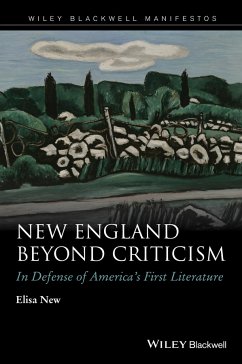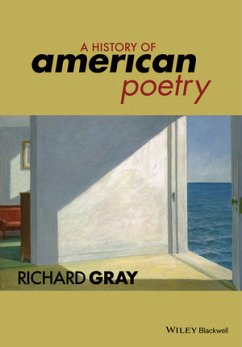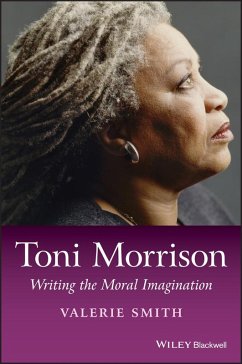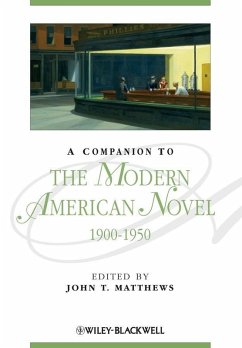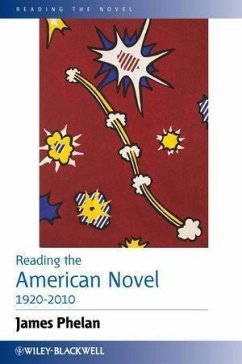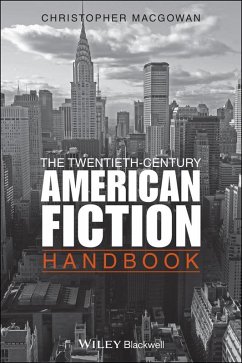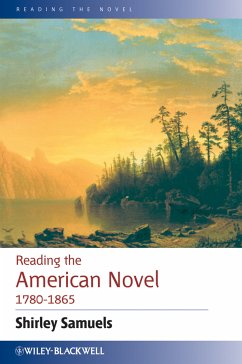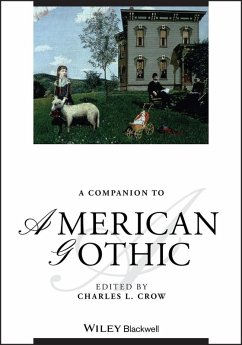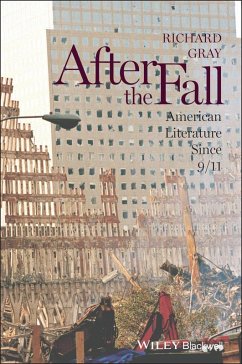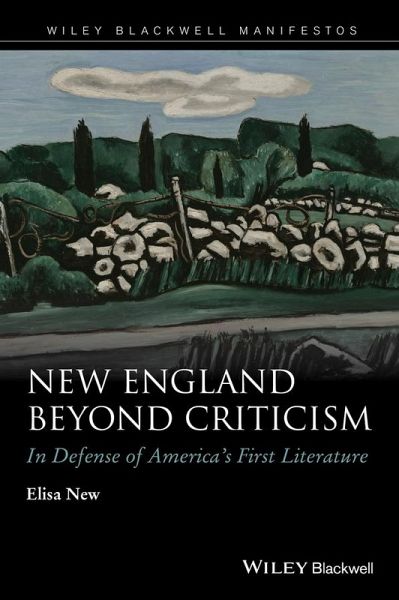
New England Beyond Criticism (eBook, ePUB)
In Defense of America¿s First Literature
Versandkostenfrei!
Sofort per Download lieferbar
26,99 €
inkl. MwSt.
Weitere Ausgaben:

PAYBACK Punkte
0 °P sammeln!
NEW ENGLAND BEYOND CRITICISM "Elisa New's book is a remarkable achievement. It is very rare that a critic manages to ask what seem exactly the right questions, then to answer them in a lively, brilliant, evocative, and supremely intelligent prose." Charles F. Altieri, University of California "Elisa New is a refreshing voice among critics and historians of literature. She has a keen sense of the nature of New England and its deep spiritual resources, reaching back to the Puritans, moving through the great nineteenth-century expressions of interior landscapes and visions. This is a book I welco...
NEW ENGLAND BEYOND CRITICISM "Elisa New's book is a remarkable achievement. It is very rare that a critic manages to ask what seem exactly the right questions, then to answer them in a lively, brilliant, evocative, and supremely intelligent prose." Charles F. Altieri, University of California "Elisa New is a refreshing voice among critics and historians of literature. She has a keen sense of the nature of New England and its deep spiritual resources, reaching back to the Puritans, moving through the great nineteenth-century expressions of interior landscapes and visions. This is a book I welcome and celebrate." Jay Parini, Middlebury College Literary criticism of the past thirty years has undercut what the canonizers of the nineteenth and early twentieth centuries saw as the fundamental role of early New England in the development of American literary culture. And yet, a determination in literary circles to topple perceived Ivy League elitism and Protestant cultural creationism overlooks the continuing value, beauty, and even practical utility of a canon still cherished by lay readers around the world. This Manifesto raises questions about how academic specialization and the academic study of New England have affected enthusiasm for reading. Using a range of interpretive practices, including those most often deployed by contemporary academic critics, Elisa New cuts across firmly established subfields, mixing literary exegesis with autobiographical reflection, close reading with cultural history, archival and antiquarian inquiry with experiments in style, and lays bare editorial orthodoxies, raising to question the whole hierarchy of values now governing the study of American and other literatures. Taking New England as a test case for a wider, more accessible set of critical practices, New England Beyond Criticism demands that the domain of literary study be opened further to the tastes of the general reader.
Dieser Download kann aus rechtlichen Gründen nur mit Rechnungsadresse in D ausgeliefert werden.





